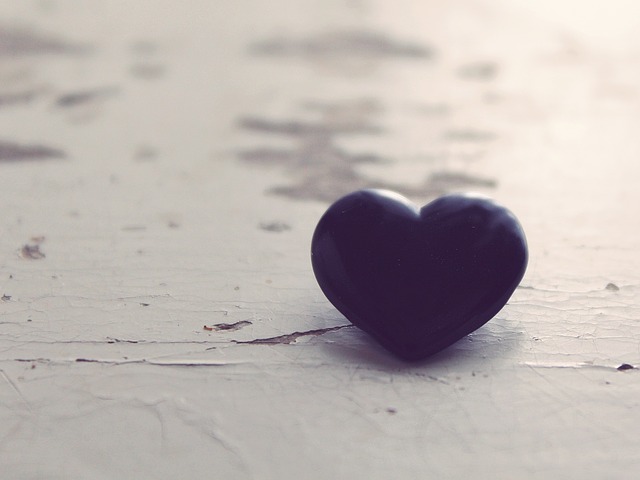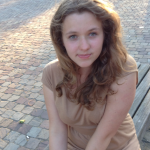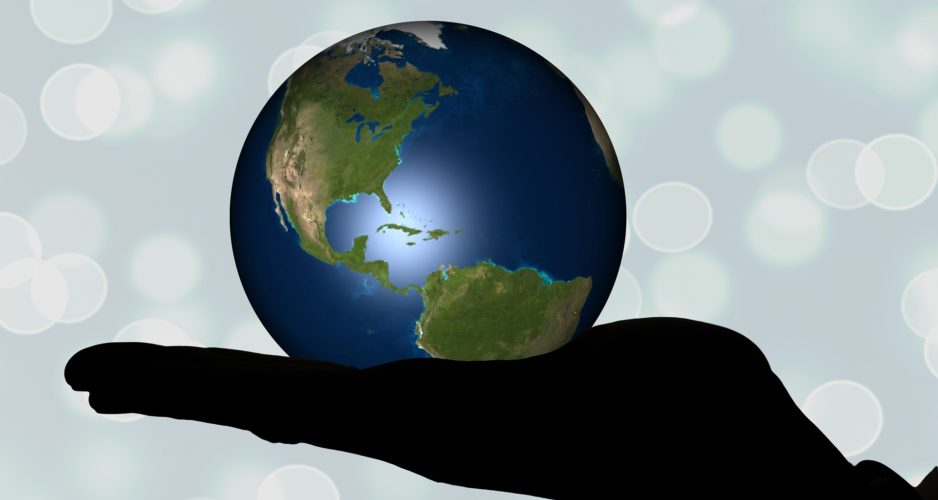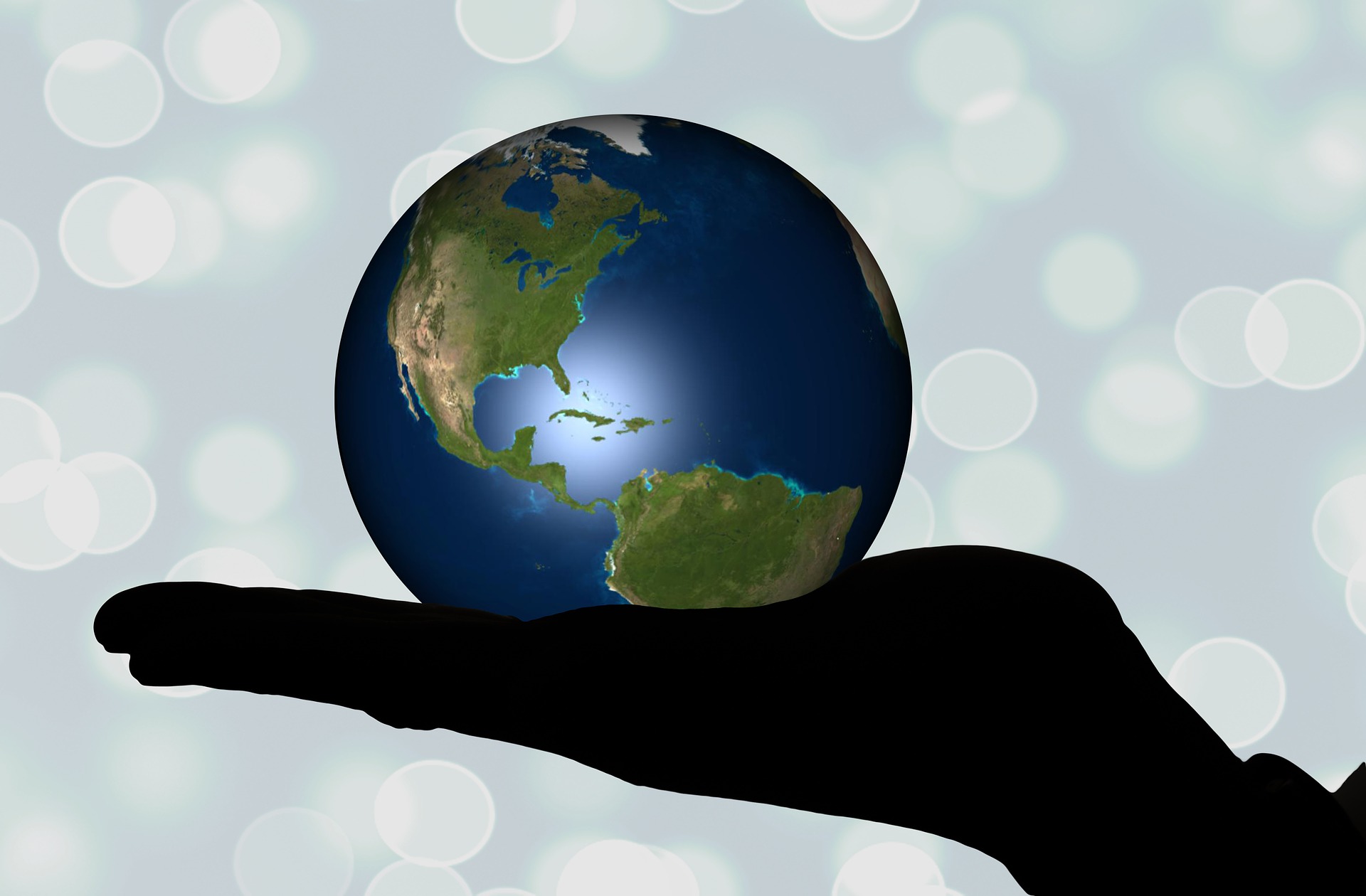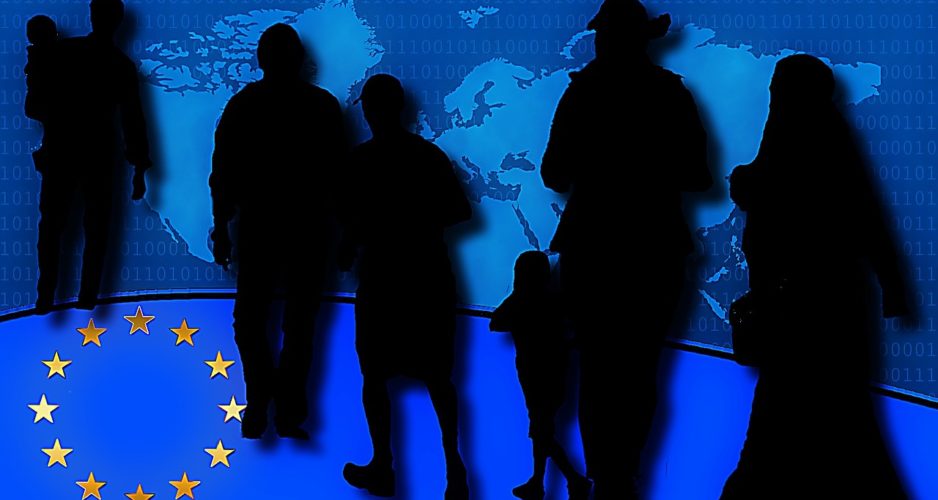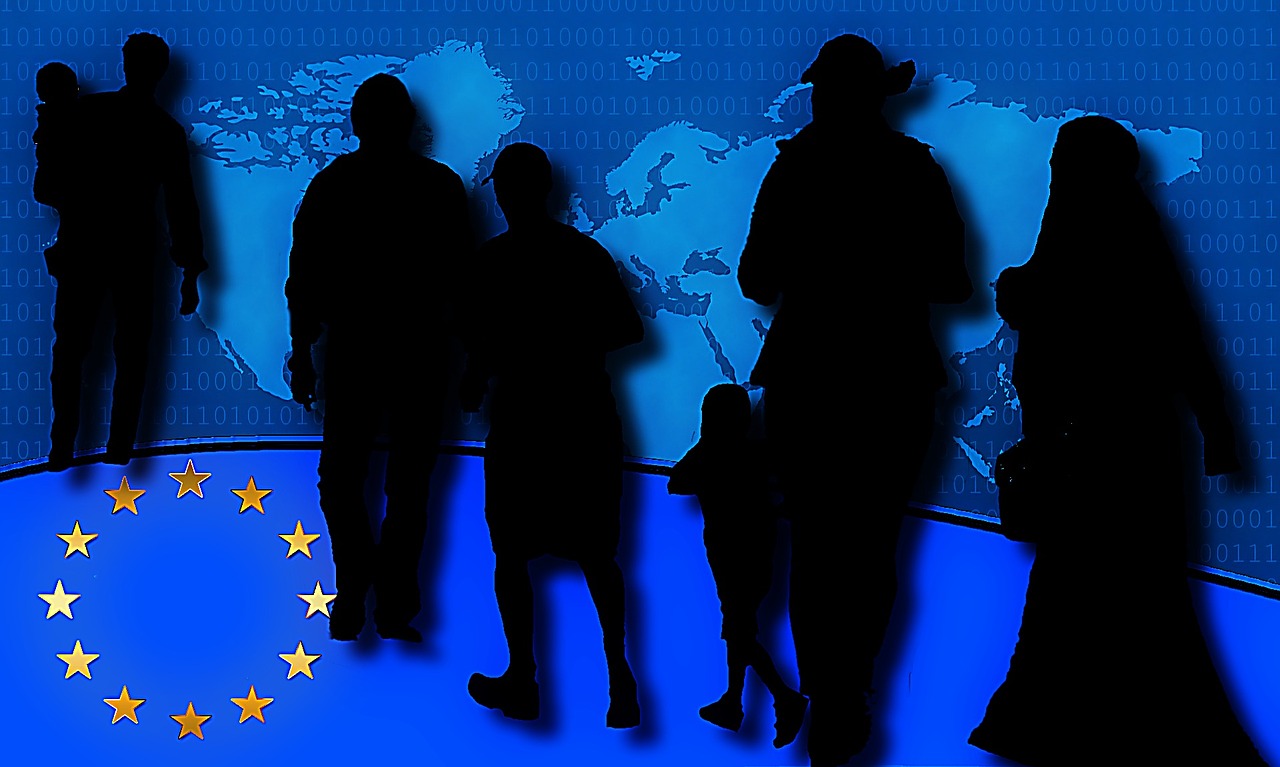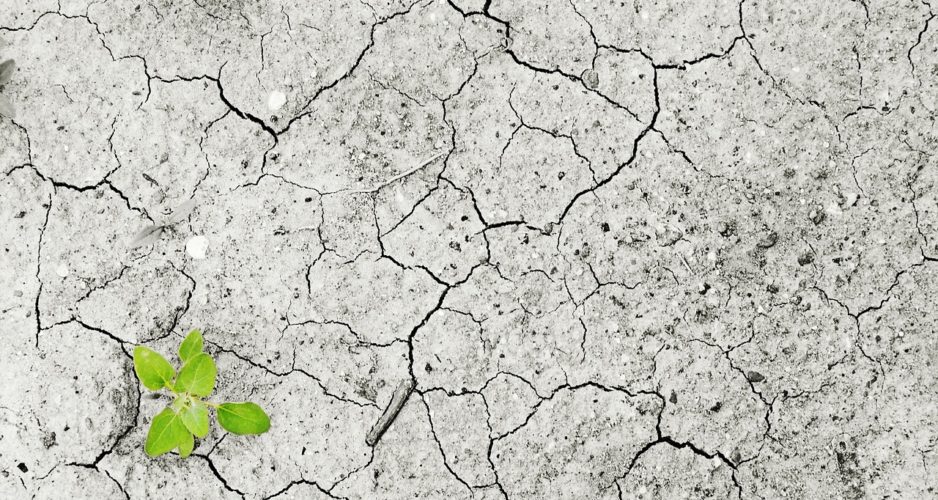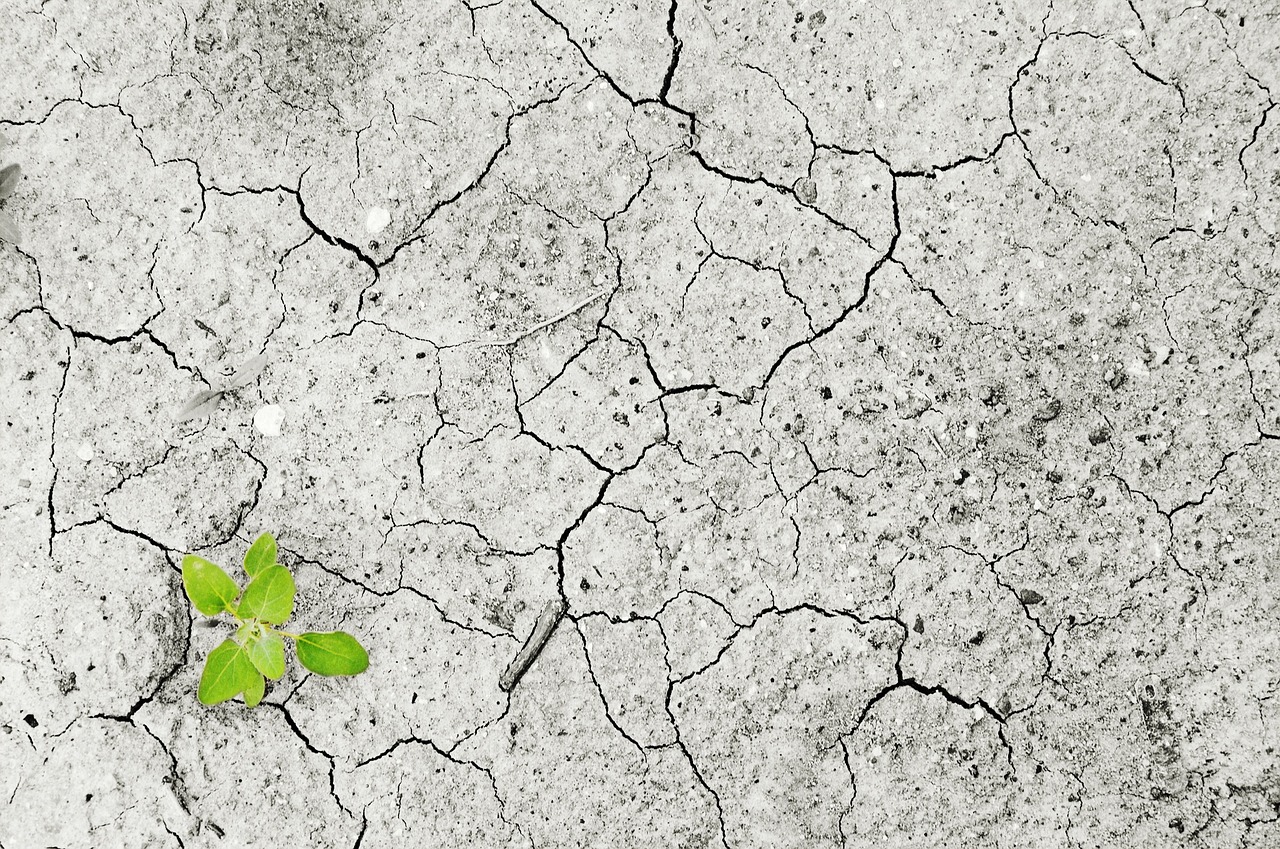
Refugees. What an incredible word!
The term ‘’climate refugee’’ or ‘’environmental immigrant’’ was first proposed by Lether Brown in 1976 and it is often used to describe people who are forced to leave their homes , regions ,areas due to a sudden or long-term changes to their local environment which compromises their well-being or secure livelihood.
Such changes include rising temperatures which lead to droughts and desertification (caused by variety of factors , mainly because of climate change , desertification is a type of land degradation in which relatively dry area becomes increasingly acrid , usually losing its water bodies , vegetation and wildlife) as well as rising sea level , caused by the melting of ice caps , glaciers etc. Those changes are often associated with a very common, yet very dangerous problem – Global Warming.
Global Warming is a term describing the observed century-scale rise in the average temperature of the Earth’s climate system and its related effects. By using fossil fuels such as oil, coal, steel etc. we are rising the world’s global temperature every day, thus leaving thousands of people without homes, due to a lack of shelter, water and food and urge them to immigrant, searching for a better life for their families and themselves.
Today’s choices are going to significantly affect the risk that climate change will pose for the rest of century.
Talking about Global Warming we cannot miss to mention the Intergovernmental Panel on Climate Change (IPCC), established in 1988 and their work, which continues to present day. More than seven hundred scientists all over the globe work every day, trying to reduce carbon emissions, so that the world can avoid the catastrophic warming, which would dramatically disrupt human life and natural ecosystems. “Today’s choices are going to significantly affect the risk that climate change will pose for the rest of century” , says Kelly Levin , a scientist studying climate change impacts at the World’s Resources Institute (WRI) in Washington , D.C.
Another group working on the problem with modern-day refugees is the United Nations High Commissioner for Refugees (UNHCR). It consists of people who are willing to work on the problem by providing basic human needs – shelter , which provides safety , the distribution of food and water for those in need and special services for women and children. It also helps by offering job applications which helps the immigrants to easily find jobs and take a better care for their families and themselves, thus creating partnerships through cheap labour workers which also helps them adapt to their surroundings and improve their lives. We are humans and we must help each other!
Looking directly at the problem, it is our duty first to integrate those people into our societies, so that we can treat them as equal to us, despite their origin, cultural differences or religion. And the best start for integration is with education. Everything starts with school – it builds every man and woman as a person, it helps us adapt to modern-world societies and teaches us tolerance and understanding, thus making the school system perfect for immigrants and their children.
And the best start for integration is with education.
It is necessary to understand that this is not going to happen fast. The process may take several years, but in the end Europe will have healthy (physically and mentally), educated, happy and motivated people, ready to fill up our society with their colourful and unique culture, specific religion and different personalities.
This will help manufacturing, it will develop industry and will help carry out cultural activities and by doing so we will be learning from them as they will be learning from us!
What our continent is going to face in the next decades would be dramatic – thousands, maybe even millions of people will be flooding into our countries. This will seriously affect our economies and we as a union, as the European Union (EU) will have to rise up against that challenge – “The migration crisis has the potential to destabilize governments ,countries and the whole European continent..” , says Viktor Orban , the Prime Minister of Hungary.
Of course, this is the worst case scenario – we know that we are facing a major crisis, maybe the biggest in Europe for the 21st century and we will have to find a solution to it. And the best solution for this problem is by resolving another important problem – Global Warming.
It is the reason why climate-refugees are immigrating, more specifically to Europe – the Global Warming itself has destroyed their homes.
We must stop using fossil fuels, as they are the main reason behind it, because of the carbon emissions, but we will also have to decrease the carbon dioxide from burning gasoline used for transportation, the methane emissions from animals and stop the deforestation and turn to renewable energy sources such as the sunlight, water and wind!
By using these renewable resources we assure the reclamation of the Ozone layer, the decreasing of the world’s temperature and also prevent the extinction of many endangered species.
This will help us preserve the homes of almost all climate-refugees and it will decrease their number significantly. We assure one better future for the next generations and for ourselves!
The world has always been changing and immigration is not something new. Because of it we have discovered the world as explorers and because of it, we have survived! And now we are facing another immigration – the immigration of climate-change refugees in the 21st century. We have to stand against that problem as a Union. The world is changing once again and it is time for us to adapt as for them, too!
About the author:
 Radoslav Nikolaev Stefanov (16) took part in the My Europe Workshop in Sofia on 28-29 November 2016 and won the third prize of the writing competition.
Radoslav Nikolaev Stefanov (16) took part in the My Europe Workshop in Sofia on 28-29 November 2016 and won the third prize of the writing competition.
 Now it has also reached Germany. The fact that a right-wing populist party, the AfD in Germany moves into the Bundestag with official provisional results of 12, 6% is another warning for Europe. Everywhere in Europe, tendencies to close the borders, return to the nation state and abolish a common currency can be seen. The leaders in Europe have been warned sufficiently to take populists seriously and to do everything to ensure that Europe remains a one-of-a-kind entity. Europe’s youth in particular is called upon to take a stand against all positions of populists and clearly choose a free Europe without borders. We do not want to lose all the advantages that Europe has given us in the last 50 years and return to nation-states. We want to continue to be able to travel freely within the EU, pay in a common currency and be able to communicate with all people. Our goal is to maintain a free Europe and to give all people equal opportunities. That is why we launched the initiative European Youth Marathon with the slogan ‘I’m a part of Europe’. Join us and fight for the unity of a free Europe.
Now it has also reached Germany. The fact that a right-wing populist party, the AfD in Germany moves into the Bundestag with official provisional results of 12, 6% is another warning for Europe. Everywhere in Europe, tendencies to close the borders, return to the nation state and abolish a common currency can be seen. The leaders in Europe have been warned sufficiently to take populists seriously and to do everything to ensure that Europe remains a one-of-a-kind entity. Europe’s youth in particular is called upon to take a stand against all positions of populists and clearly choose a free Europe without borders. We do not want to lose all the advantages that Europe has given us in the last 50 years and return to nation-states. We want to continue to be able to travel freely within the EU, pay in a common currency and be able to communicate with all people. Our goal is to maintain a free Europe and to give all people equal opportunities. That is why we launched the initiative European Youth Marathon with the slogan ‘I’m a part of Europe’. Join us and fight for the unity of a free Europe. Prof. Dr. Manfred Pohl is CEO and founder of My Europe 2100 e.V.. Additionally, he is founder of the future think tank Frankfurter Zukunftsrat, founder and Deputy Chairman of the European Association for Banking and Financial History (EABH) as well as of the Institute for Corporate Cultural Affairs. In 2011 he was awarded with the Verdienstkreuz 1. Klasse of the Federal Republic Germany for his charitable commitment in the European banking and financial sector. Read more…
Prof. Dr. Manfred Pohl is CEO and founder of My Europe 2100 e.V.. Additionally, he is founder of the future think tank Frankfurter Zukunftsrat, founder and Deputy Chairman of the European Association for Banking and Financial History (EABH) as well as of the Institute for Corporate Cultural Affairs. In 2011 he was awarded with the Verdienstkreuz 1. Klasse of the Federal Republic Germany for his charitable commitment in the European banking and financial sector. Read more… 
